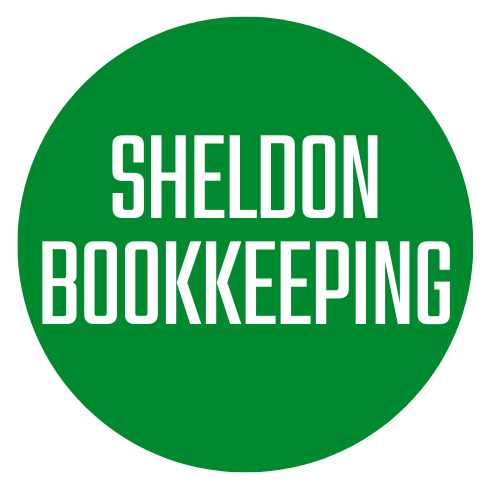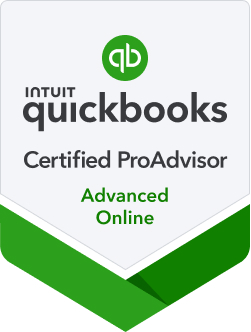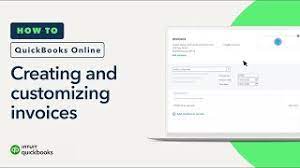Bookkeeping lies at the heart of every successful business, regardless of its size. It’s the art of tracking and organizing financial transactions like sales, purchases, and expenses, providing a clear snapshot of your business’s financial well-being. But with various methods available, finding the right fit can feel like a puzzle. Let’s dive into the three primary bookkeeping methods: single-entry, double-entry, and computerized bookkeeping.
Single-Entry Bookkeeping: Keeping It Simple Imagine a single column where each transaction lands, either as revenue or expense. That’s single-entry bookkeeping. Perfect for small businesses with straightforward finances, it’s hassle-free and doesn’t demand any specialized skills or software. However, it falls short in providing a holistic view, lacking detailed reports and insights into transaction relationships.
Double-Entry Bookkeeping: The Gold Standard In this method, every transaction gets recorded twice—once as a debit and once as a credit. It’s the most widely used for a reason. By ensuring every transaction has equal and opposite effects, it paints a complete picture of your financial landscape. While it demands more expertise and software, the detailed reports it generates are worth the investment.
Computerized Bookkeeping: Enter the Digital Age Say hello to efficiency and accuracy! With accounting software in tow, computerized bookkeeping streamlines your financial tracking. It eliminates human errors, offers real-time access to financial data, and comes packed with handy features like automated invoicing and expense tracking. It’s the go-to for businesses seeking precision and speed in their financial management.
Choosing Your Path The best bookkeeping method for your business hinges on factors like size, transaction volume, and your accounting chops. Small ventures with simple finances might find solace in single-entry bookkeeping, while larger enterprises with complex transactions lean towards double-entry or computerized methods. When in doubt, don’t hesitate to seek guidance from a professional bookkeeper or accountant. They’ll help tailor the method to suit your business’s unique needs, ensuring accurate records, informed decisions, and compliance with regulations.
In essence, the world of bookkeeping offers a range of options to suit every business. Whether you opt for the simplicity of single-entry, the robustness of double-entry, or the efficiency of computerized bookkeeping, the key is to find the method that aligns with your business’s goals and aspirations. With the right system in place, you’ll navigate the financial terrain with confidence, making informed decisions that drive success.








